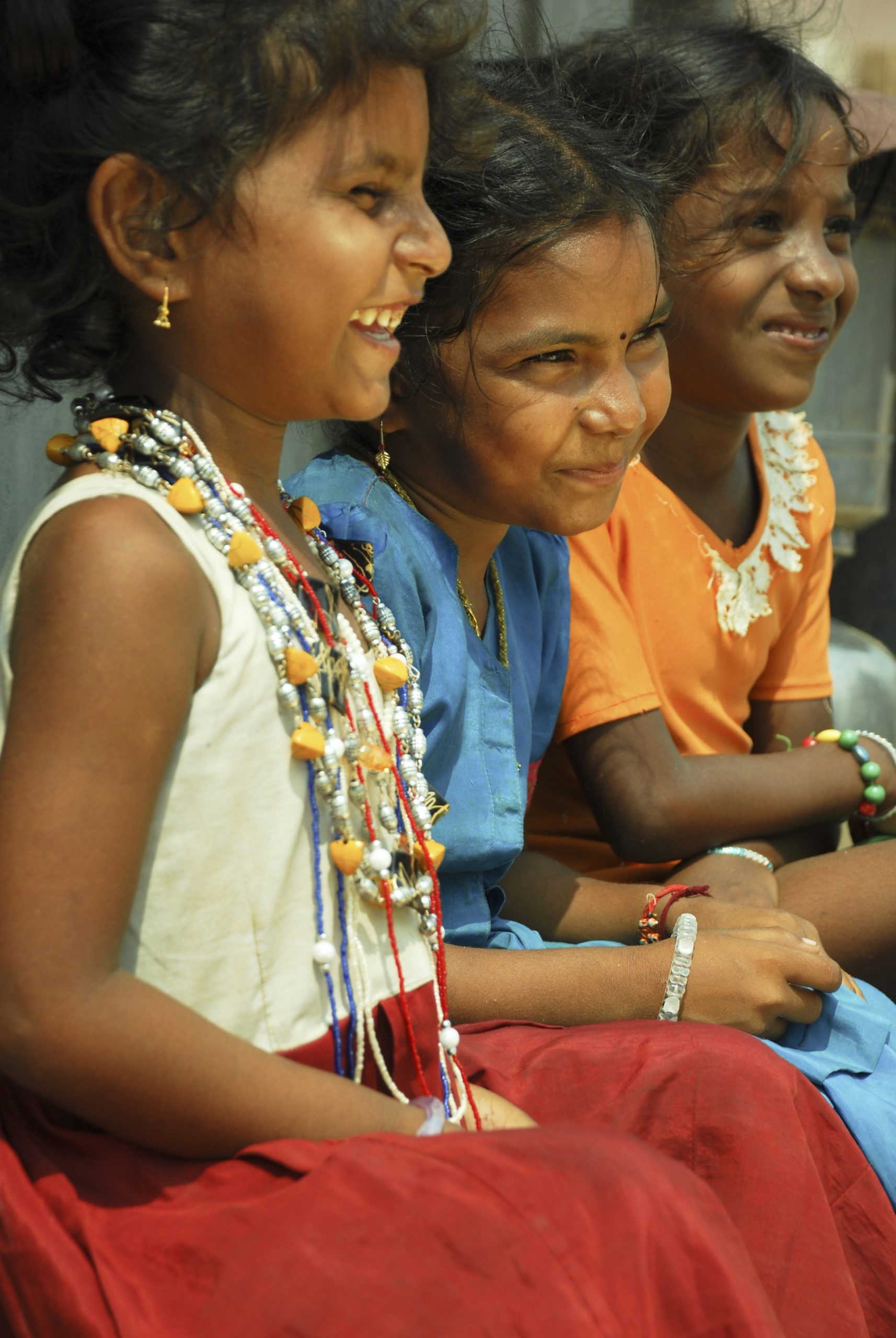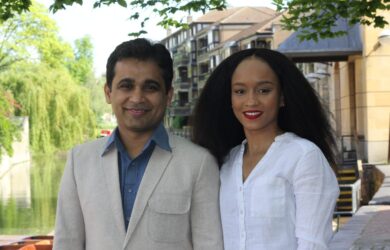
A Gates Cambridge Scholar has helped edit a new book on global health success stories.
Millions Saved underscores the importance of smart programme design, partnership, leadership and rigorous evaluation in ensuring that those good intentions translate into real health improvements.
Rachel Silverman
A Gates Cambridge Scholar has contributed to a new book which highlights 18 proven success stories in global health and aims to show what policies and practice make a major difference to people's lives.
Rachel Silverman [2013], who did her MPhil in Public Health as a Gates Cambridge Scholar, helped edit the book, Millions Saved: New Cases of Proven Success in Global Health, and wrote seven chapters of it. In addition to the 18 success stories, the book also features four failures from which health experts can learn about what doesn't work.
“If we want to make even more global health progress and get the most health for our money, we must know what works and what doesn’t,” says Amanda Glassman, one of the authors. “Through the case studies in Millions Saved, we showed that major improvements in peoples’ lives are possible anywhere given the right conditions. Ultimately, it takes a combination of scientific advances, smart financing and the right group of people to come together to drive success.”
All of the success stories in Millions Saved had four features in common: the programmes were built using the best scientific evidence available as a guide; partnerships and coalitions were formed to mobilise the necessary technical, financial and political resources both domestically and internationally; not one, but many political leaders – sometimes across cycles – sustained efforts over time; and programmes were rigorously evaluated to measure their impact.
In a foreword to the book, Bill Gates, co-chair of the Bill & Melinda Gates Foundation which provided much of the funding for the book, called Millions Saved “a refreshing reminder of our ability to take on some of the biggest global challenges,” and notes that “it underscores the incredible impact development aid can have – and why it’s so important that we continue to support poor countries in lifting themselves out of poverty”.
Rachel wrote chapters on worms and orphans' cash transfers in Kenya, cash transfers in Honduras, results-based financing in Rwanda, sanitation in Indonesia, tobacco in Thailand and HIV in India.
She says: "I started working with the Center for Global for Development in 2011, and rejoined the Center after finishing my MPhil in Public Health at Cambridge as a Gates Cambridge Scholar. I'm lucky that my work at CGD enables me to contribute to this important project.
"The new edition of Millions Saved counters global health scepticism by showing the very real ways that global health programmes can improve the lives of men, women and children living in low- and middle-income countries. At the same time, it illustrates the dangers of complacency – the belief that all global health efforts will make an impact so long as they're motivated by good intentions. Millions Saved underscores the importance of smart programme design, partnership, leadership and rigorous evaluation in ensuring that those good intentions translate into real health improvements."
For more information and case studies, click here.












